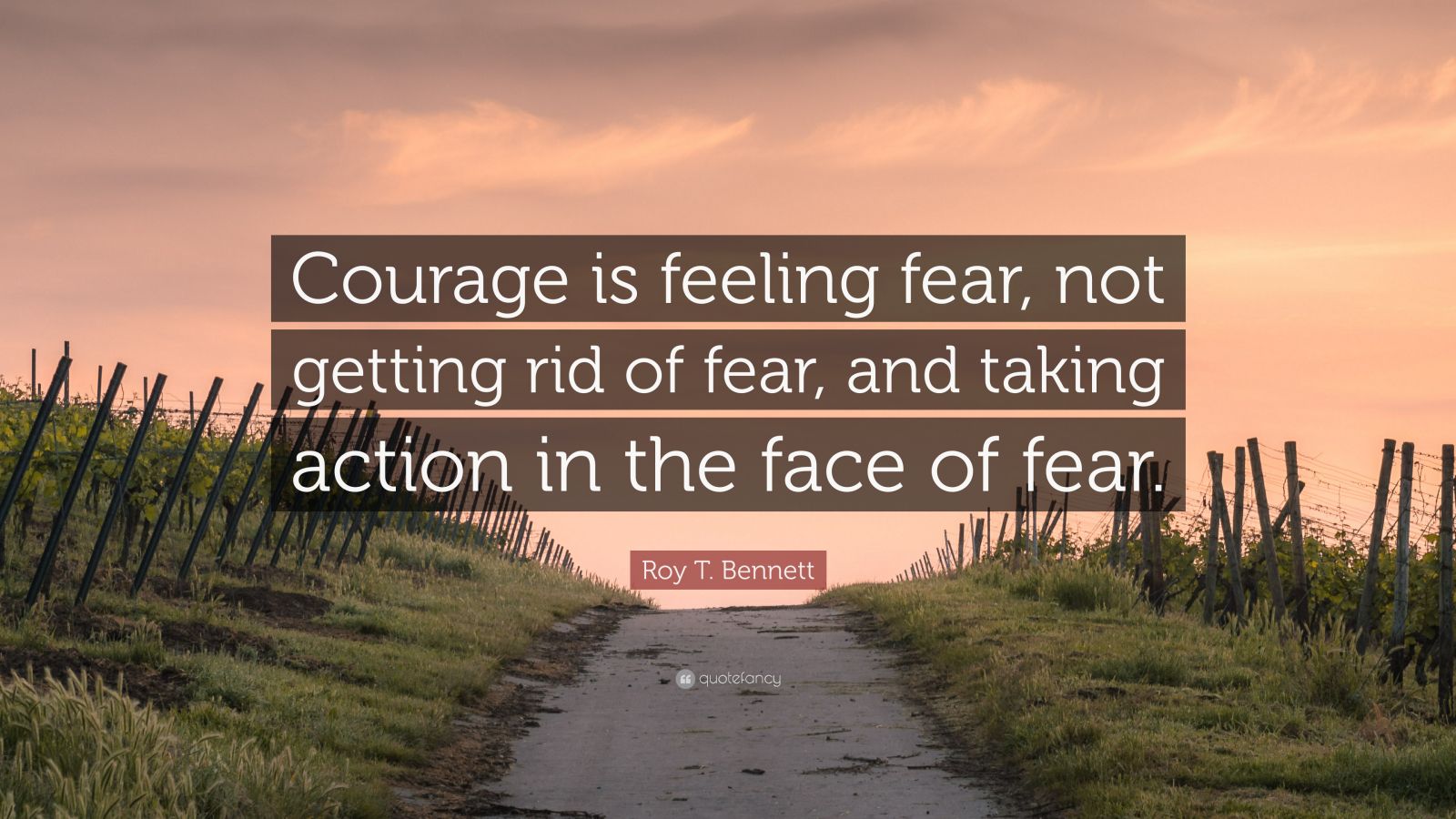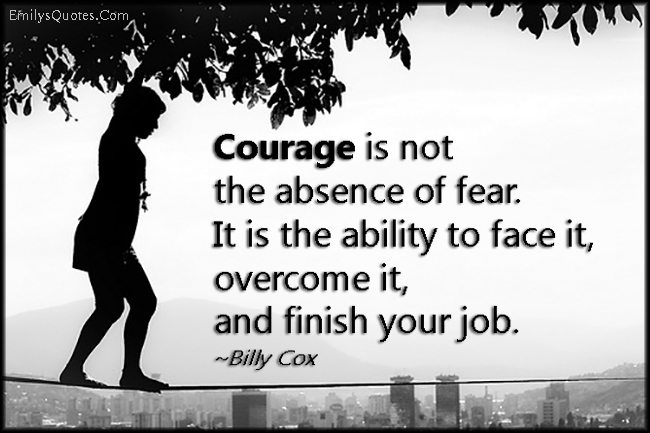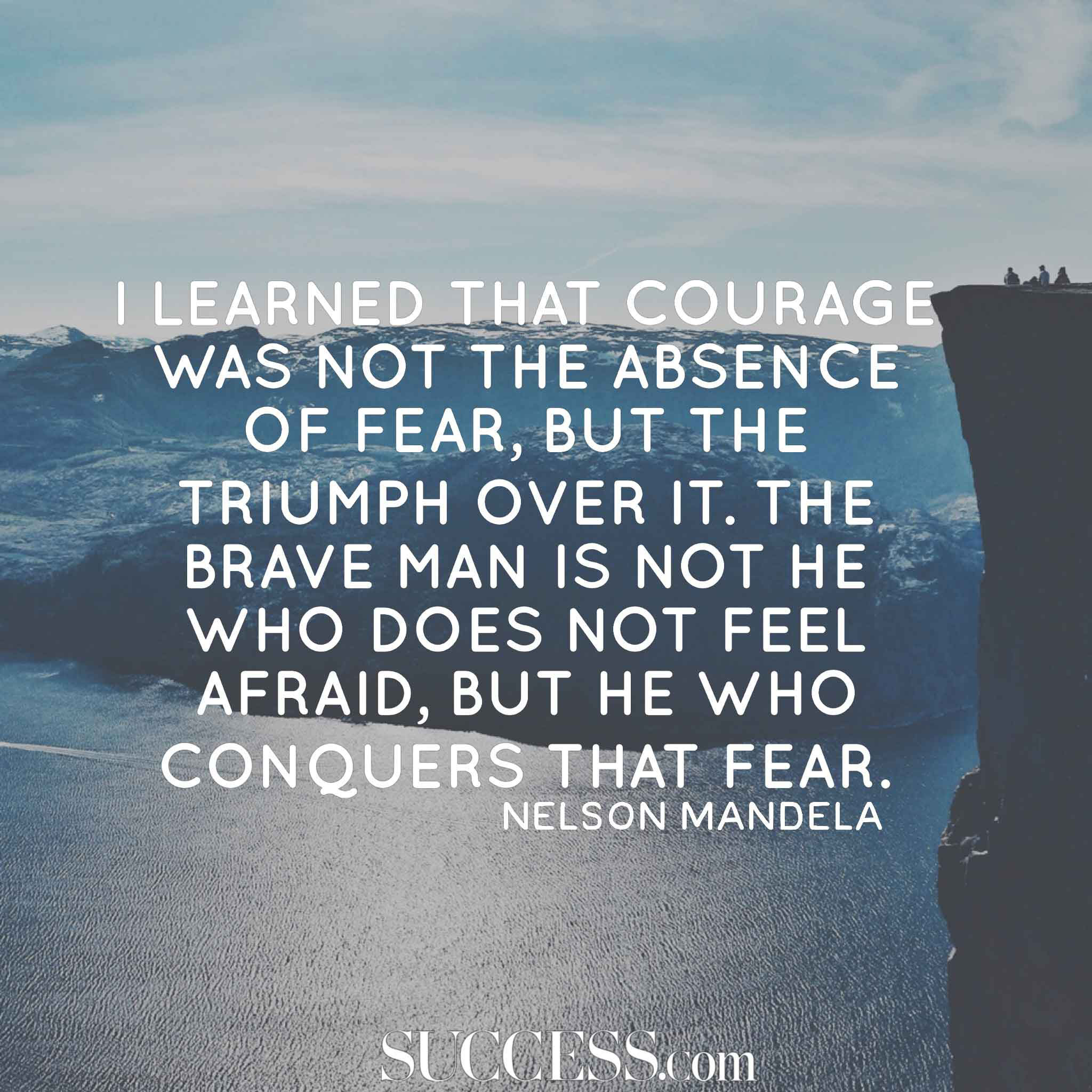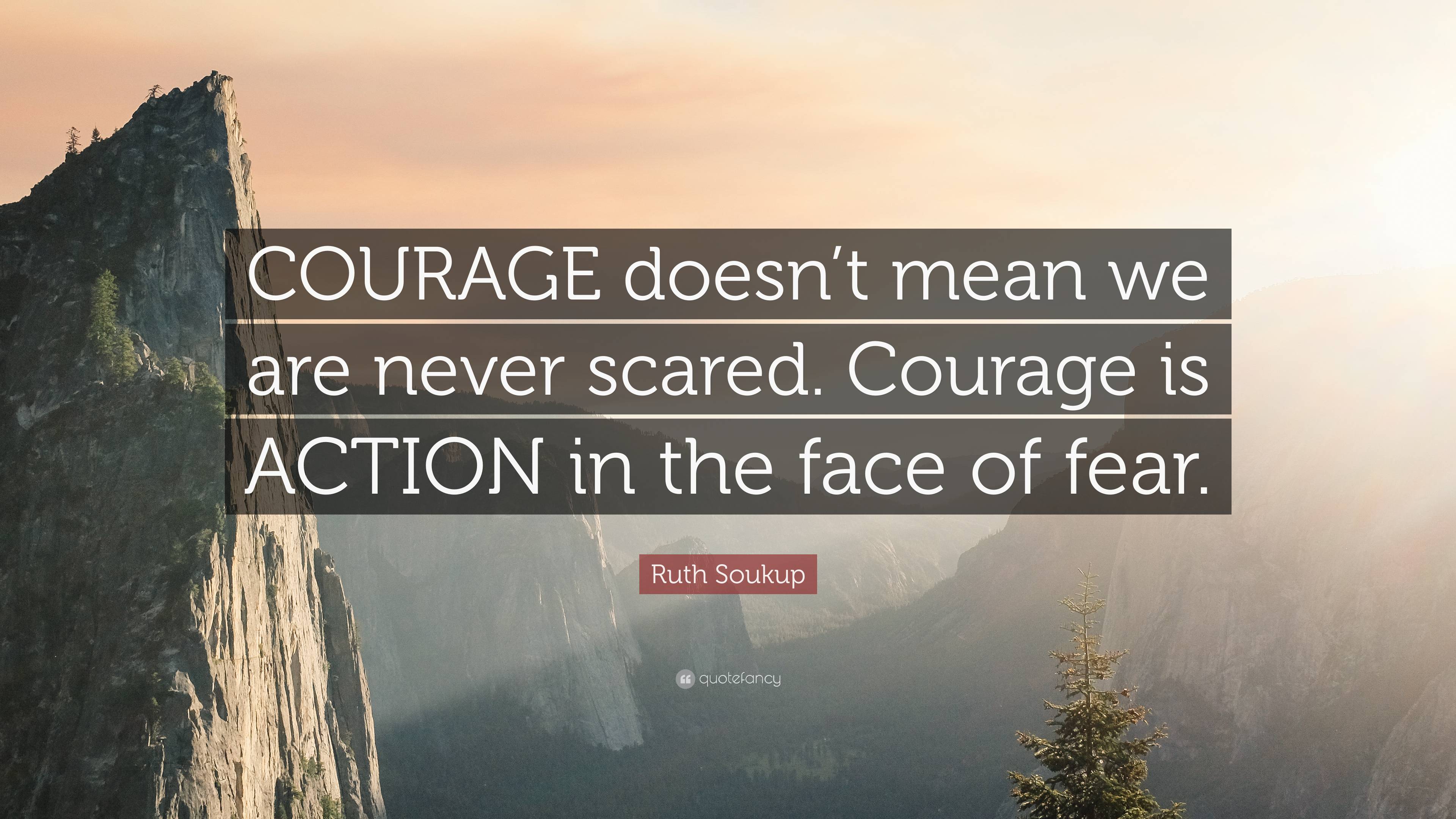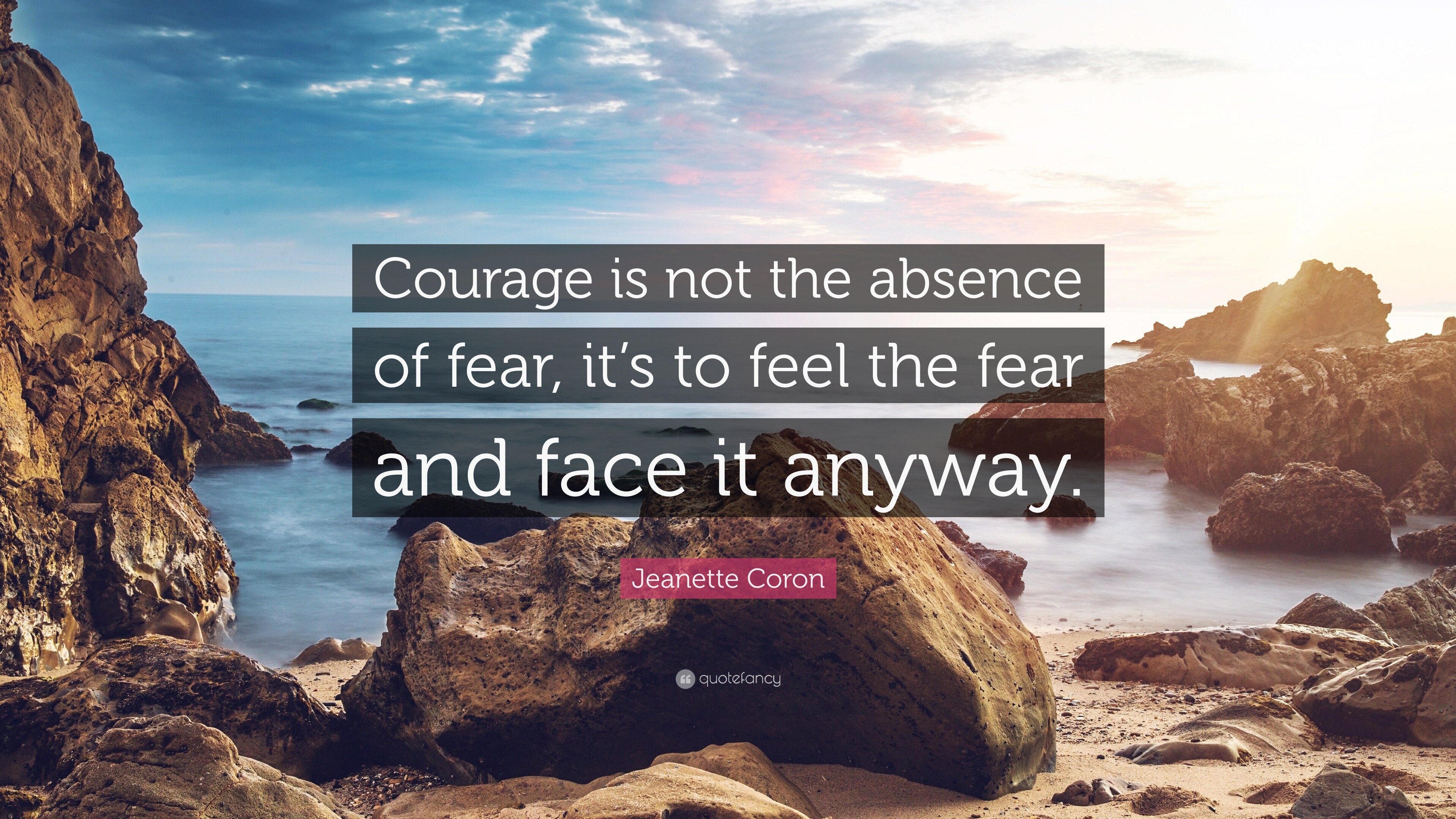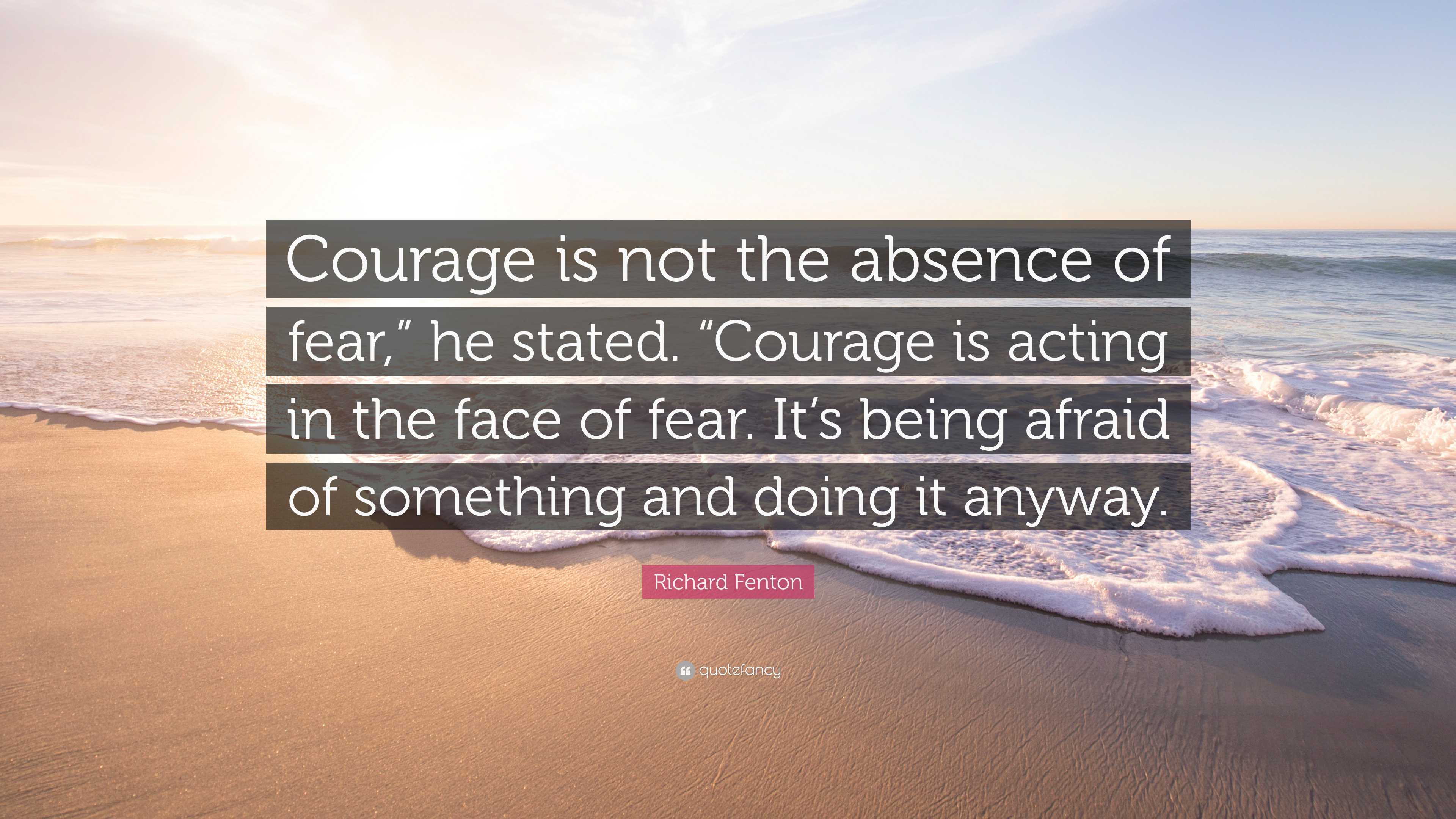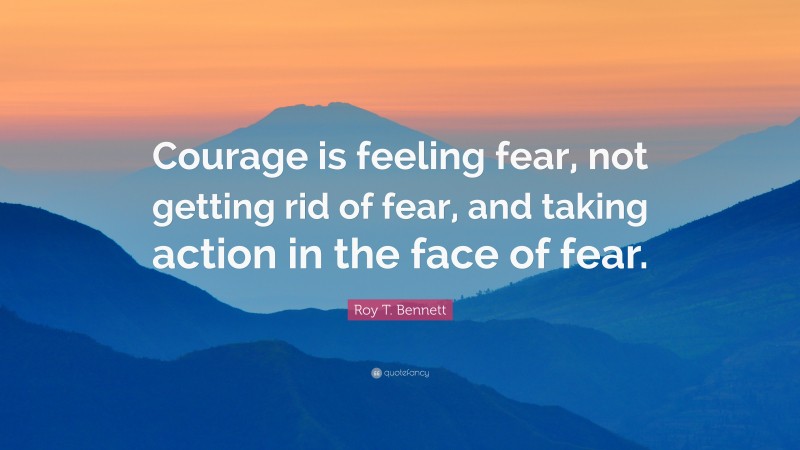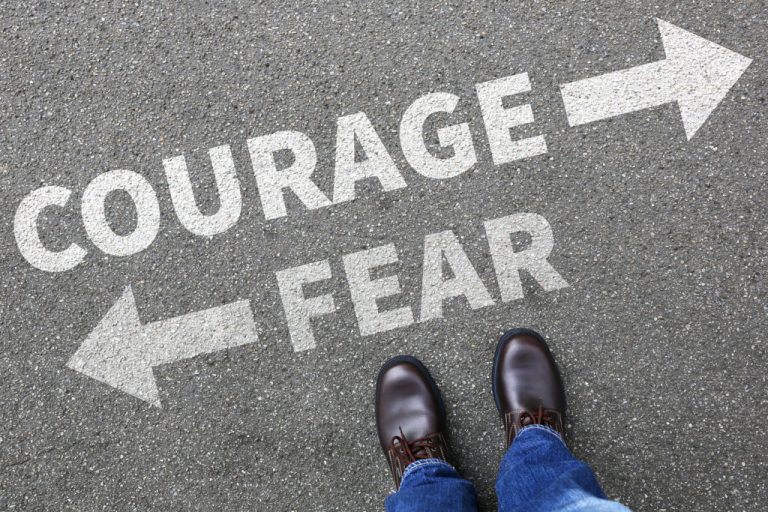How To Find Courage In The Face Of Fear

Fear can paralyze, but courage isn't the absence of fear, it's acting despite it. Learn practical strategies to confront your anxieties and reclaim control.
This article provides actionable techniques, drawing from psychological research and expert insights, to help you cultivate courage when fear threatens to overwhelm you. It offers a step-by-step guide for understanding your fears and building resilience.
Understanding the Roots of Fear
First, identify your specific fears. Journaling can be a powerful tool for unpacking the complex emotions associated with fear.
Consider the origins of your anxieties. Are they rooted in past experiences, societal pressures, or personal insecurities? Understanding the source is crucial.
Recognize that fear is a natural human response. It's a survival mechanism designed to protect us from perceived threats. Don't demonize your fear; acknowledge its presence.
Practical Strategies for Building Courage
Start small: Practice facing manageable fears to build confidence. This gradual exposure will desensitize you to anxiety triggers.
Use visualization techniques to mentally rehearse successful outcomes. Imagine yourself calmly and effectively handling the situation you fear.
Challenge negative thought patterns. Cognitive Behavioral Therapy (CBT) principles can help you identify and reframe distorted thinking.
Actionable Techniques
Practice mindfulness and meditation to stay grounded in the present moment. These practices can reduce the intensity of anxious thoughts.
Develop a support system. Share your fears with trusted friends, family, or a therapist. Talking about your anxieties can diminish their power.
Break down overwhelming tasks into smaller, more manageable steps. This approach can make daunting challenges feel less intimidating.
"Courage is not the absence of fear, but rather the judgment that something else is more important than fear." - Ambrose Redmoon
Leveraging Expert Advice
Seek professional help from a therapist or counselor. Therapists can provide personalized guidance and support for managing anxiety and building courage.
Read books and articles on overcoming fear and building resilience. Knowledge is power, and understanding the psychology of fear can be empowering.
Learn from others who have successfully faced their fears. Their stories can provide inspiration and practical strategies.
The Role of Physical Wellbeing
Prioritize physical health: Adequate sleep, a healthy diet, and regular exercise can reduce anxiety and improve overall wellbeing.
Limit caffeine and alcohol consumption, as these substances can exacerbate anxiety symptoms. Stay hydrated; dehydration can worsen anxiety.
Practice deep breathing exercises to calm your nervous system. Slow, deliberate breathing can help regulate your heart rate and reduce feelings of panic.
Continuing the Journey
Building courage is an ongoing process, not a destination. Be patient with yourself and celebrate small victories along the way.
Embrace failure as a learning opportunity. Every setback provides valuable lessons that can strengthen your resilience.
Remember that you are not alone in your struggles with fear. Many people experience anxiety, and help is available. Stay committed to your journey of building courage, and you will find the strength to overcome your fears.




